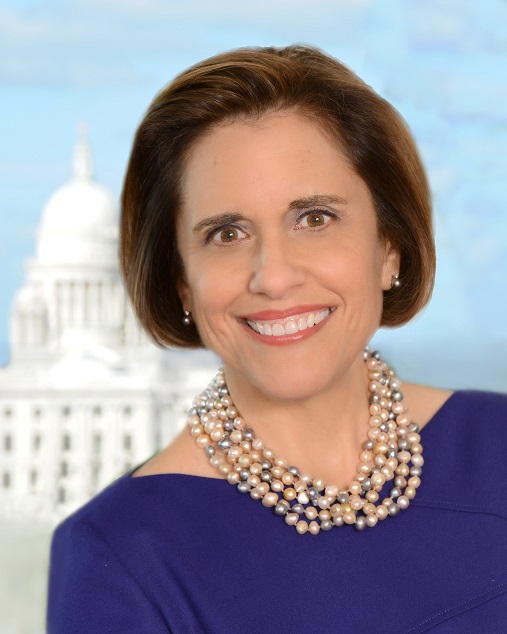Edythe M. De Marco is a financial adviser with Merrill Lynch Wealth Management in Providence and was recently named by Forbes as a 2020 Best-in-State Wealth Advisor for the third year in a row.
PBN: A new Bank of America Corp. survey found that more than half of American consumers are not saving enough to reach their financial goals. How does this compare with what you’re seeing in Rhode Island?
DE MARCO: The bank’s survey found that 80% of Americans said they currently save money, but just 49% believe they save enough to achieve their financial goals. My observation is this is true for Rhode Islanders as well. One of the most important things people can do is to prioritize their spending and set savings goals. Everyone needs a reason to save. If consumers take time to think about goals and commit to them in writing, then they are more likely to commit to a strategy for achieving them. Saving for an emergency fund, the purchase of a home, college tuition and a secure retirement are just some examples of financial goals.
PBN: What are your other big takeaways from Bank of America’s report?
DE MARCO: Review your expenses, create a budget and find areas to cut. Cutting back is never easy – there are some expenses you simply can’t reduce – but when you’re beginning to save, it’s important to reduce nonessential expenses. According to the Bank of America survey, of those who were able to improve their finances, 36% said cutting spending was a key factor. One way to do that is to find cheaper ways to spend on things you love – for example, if you like to eat out, you could switch from fine dining to casual or from casual to fast casual.
PBN: What trends have you noticed locally in Rhode Islanders saving for retirement? Are there differences based on age or gender, or other demographics?
DE MARCO: We are gratified to see that both the sons and daughters of our older clients are now seeking financial advice regarding goals, saving and investing, as they launch into their own careers. We also see that women, somewhat more so than men, are seeking advice, are open to having a formal financial plan and willing to commit to a savings and investment strategy.
PBN: What do you recommend to clients wanting to increase their savings?
DE MARCO: First, build an emergency fund. Life is unpredictable. Having an emergency fund will help you be prepared for those unexpected moments. Second, save windfalls and tax refunds. Deposits don’t only come from paychecks. When you receive a work bonus or tax refund, put it all or a portion of it into savings. Third, when you treat yourself, save for yourself at the same time. For example, if you buy a movie ticket, try setting aside the same amount you just spent into your savings. You will find the savings add up quickly when you match your spending on nonessential items with deposits of the same amount into savings.
PBN: How should clients determine what percentage of their income and over what period of time to save?
DE MARCO: Having a formal financial plan allows consumers to know what percentage and dollar amount of annual savings is necessary in order to achieve their goals with the least risk possible. Short of having a formal plan, we would suggest savings between 20% and 30% of one’s income. It is essential, however, to have written goals and a commitment to save and invest on a regular basis in order to increase the probability of success for any plan, formal or informal.
Nancy Lavin is a staff writer for the PBN. Contact her at Lavin@PBN.com.











